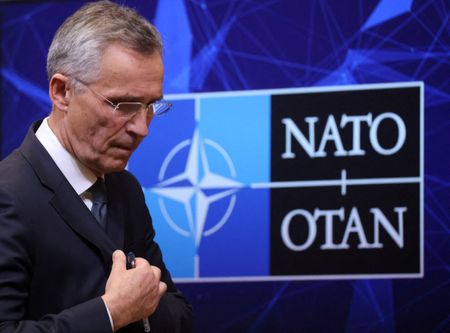
Beginning of the End : Emergence of a New World Order

The outcomes of events during critical periods of human history are often shaped by existing political and economic considerations that shape the balance of power. These are often a manifestation of the follies or wisdom of those in power who decide and delineate what is politically desired in their view point. The exact path that such decisions take is not historically predetermined but contingent on several factors and depends on which of the opposing forces will succeed and turn the events to their advantage.
An event that brought about a pivotal change in human history was the fall of Constantinople in 1453, which blocked the European access not just to the land routes to India and China, but also access to North Africa and the Red Sea, two very important trade routes to the Far East, severely limiting valuable trade. This drove in Europe a desire to find new routes by sea completely altering the equilibrium of the medieval world creating a completely Euro-centric world order. Of course, no one could foresee how an event in one part of the world would completely alter the course of human history.
Even within Europe while Spain dominated the Atlantic trade the English were in no position to challenge the might of the Spanish armadas. Queen Elizabeth 1 of England employed many privateers and pirates to challenge and impede the Spanish monopoly. Prince Philip II of Spain assembled all he could to launch a powerful armada in 1588 to defeat the fledgling English navy and their privateers. Against all odds following a series of blunders by the Duke of Median, Sidonia the Commander of the Armada and bad weather helped the English emerge victorious leading to marginalisation of Spain and the rise of British domination of the world for a few centuries thereafter.
As we watch Russian forces invade Ukraine it is important to look at the events that preceded this. The failure or success of interventions is influenced in great measure by their institutional histories and memories. One incorrect hypothesis that has held American policy makers hostage is that of a threat from Russia to justify American presence in a distant continent by keeping alive a hostility against Russia which actually poses a limited and manageable threat. Russia in its earlier avatar as USSR was one of the poles of the bipolar world and the fact that both the poles possessed large nuclear arsenals contributed to an uneasy peace.
The collapse of Soviet Union reduced Russia to one of the poles in a multi polar Europe. USA offered to continue to be a balancer to offset the bullying of smaller nations even though they were physically located far away from the continent. By expanding NATO into the former regions of Soviet Russia and now prodding for Ukraine’s admission to NATO the aim appeared to have shifted from preserving peace to preventing Russian hegemony. But what made Russia do the unimaginable was the institutional behaviour of USA and its policies that long lost relevance and went against good counsel.
It is important to make a few observations here about this sudden turn of events with the potential to lead the world to a nuclear catastrophe. The first is that if World War I have taught us any lessons, it is that the existence of alliances more often than not causes unwanted wars. NATO was created to combat Communism which ended with the Soviet Union. The people of Russia defeated what NATO was set up to do. With the collapse of Communism ideally NATO should have been dissolved just as Warsaw Pact wound up. Instead using the NATO to continue to threaten Russia, it appeared impinging on Russian sense of security – something that the Russians had been requesting restraint on. The envelope was pushed too far provoking Russia.
Second take away from Ukraine’s experience is that being prepared for war is the greatest guarantee for peace as the fate of each nation depends on its own strength. There is no use relying on others for help. Until the invasion actually took place Ukraine did not think it would take place and played too much faith in its allies. Coalition and alliances are good as long as all parties have to make sacrifices for the common goal. If, however one party has to make sacrifices, the advantages of being in a coalition is costlier and a membership that is disadvantageous. In this case the lure of a membership of NATO has proved expensive for Ukrainians as they alone are currently and, in all likelihood, the only party that will bear the human cost and sufferings of this conflict with Russia.
The membership of EU and NATO are not easy to obtain and there are stringent qualification norms. It was an unnecessary bait that led the Ukrainians into the quagmire they find themselves now. And it is very unlikely that other than promises and consignments of arms, very little will be done by others. It will be Ukraine that fights its own battles.
The third is that a threat of use of nuclear weapons has been invoked by Russia. It is typical of such threats that punitive actions may be carried out and it will be costly for all sides. Alliances either deter or provoke an opponent. The provocation of Russia has pushed them to use force against Ukraine, an aspiring ally of USA – with the sole aim to prove that the commitment of USA is exposed as not being credible. The Russians have played this gamble knowing fully well that the Americans are wary of getting involved in more wars as the recent withdrawal from Afghanistan after nearly two decades prove. It stems from the confidence that a direct military confrontation may not take place between Russia and US thereby forcing the latter, the choice of accepting the Status Quo or the risk of setting in motion the World War–III.
American policy makers are insulated by the distance from the continent and will not be willing to risk men and material. In this case the Russians have been irrational, the rest of the world failed to judge their motives and the aggression has gained a momentum that is difficult to reverse. In case the rest of the world does not coalesce to threaten and execute retaliation then the American led NATO loses its credibility and they would have no option but to accept the altered status quo. In any case the Russians would have called the bluff and won the war.
Finally, after emotions and tempers cool down European countries will realise that the sanctions hurt both ways. Europe is highly dependent on Russian gas supplying about a third of its needs. The Americans try the best they can, cannot offer what Europe needs. The German Naval Chief Adm Schonbach in his interaction with Manohar Parrikkar IDSA at New Delhi in January 2022 ( https://www.youtube.com/watch?v=ODmkoGQw1TU) very clearly said that Russia deserved the respect it expects. He had to resign on his return back to Germany for speaking what the world knows. The undersea gas pipeline NORD STREAM 2 to Germany bypassing Ukraine would have met all of Germanys needs at a fraction of the cost. Germany is a powerhouse and has always been so in its history. The current generation of Germans don’t need to feel apologetic about a past they had no role in creating. America fears the growth of a relationship between two potential power centres in Europe which will certainly marginalise their relevance and presence in the continent. As the power bills surge and the consumers in Europe demand cheaper sources it will be incumbent on the government to find solutions that has to include cheaper Russian energy in its calculus.
Maturity demanded that the policy makers looked ahead as well as in their past to see how similar crises were resolved. The Cuban missile crisis showed how the world was pulled back from a nuclear disaster and held valuable lessons on how leaders at war ought to treat each other. By targeting Putin and his cronies, the Americans are displaying their helplessness and lack of better options. The final takeaway from this episode is leave space for negotiations instead of closing all options like what has happened now. In doing so the fight becomes ugly and a fight to the finish. It is a lose-lose situation for the parties involved.
Finally, the outcome of this conflict will be that the stability which the world has seen for the better part of last century and the first two decades of this, will not be seen again in the coming decades. The world will no longer be the same. It is the beginning of the end for the powers that dominated for over a century.
****************
Disclaimer
The opinions expressed in this article are the author’s own and do not reflect the views of Chanakya Forum. All information provided in this article including timeliness, completeness, accuracy, suitability or validity of information referenced therein, is the sole responsibility of the author. www.chanakyaforum.com does not assume any responsibility for the same.
Chanakya Forum is now on . Click here to join our channel (@ChanakyaForum) and stay updated with the latest headlines and articles.
Important
We work round the clock to bring you the finest articles and updates from around the world. There is a team that works tirelessly to ensure that you have a seamless reading experience. But all this costs money. Please support us so that we keep doing what we do best. Happy Reading
Support Us





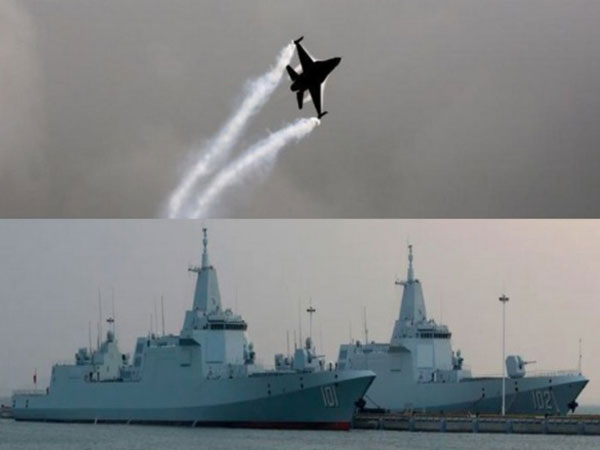
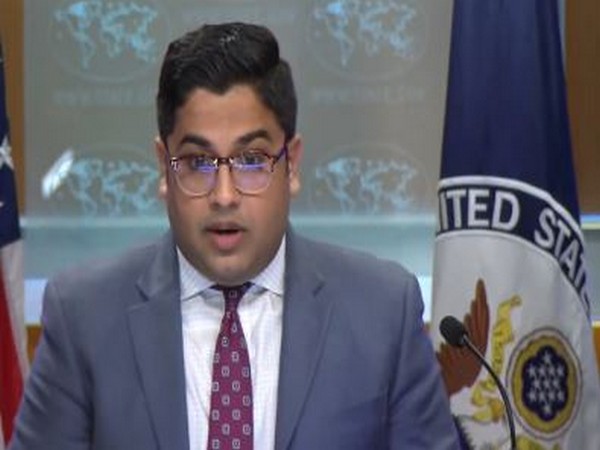
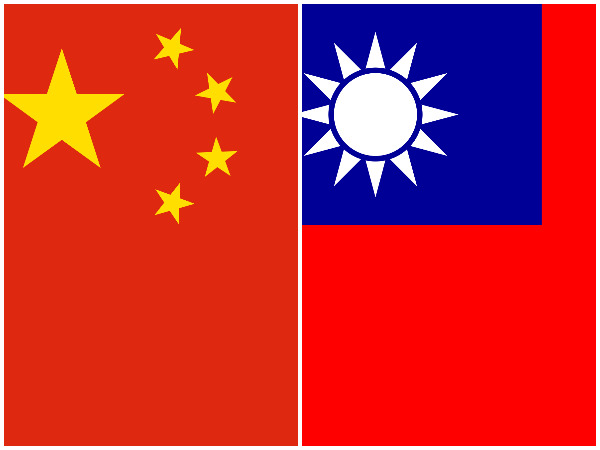

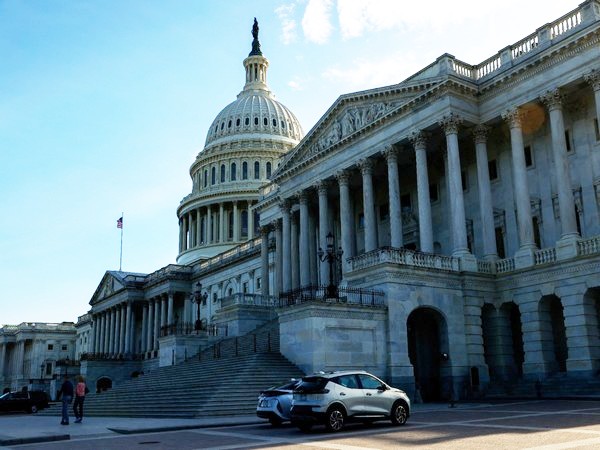
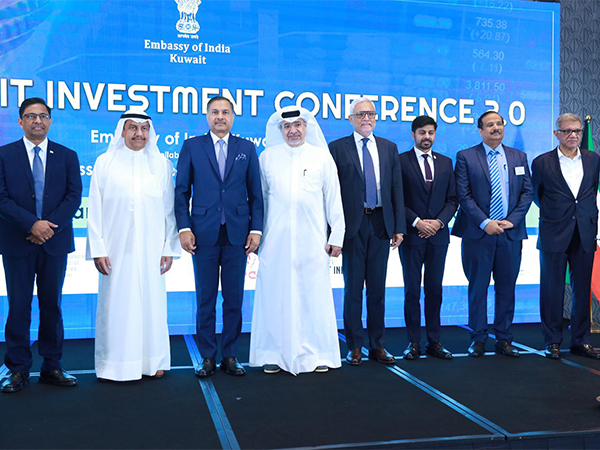
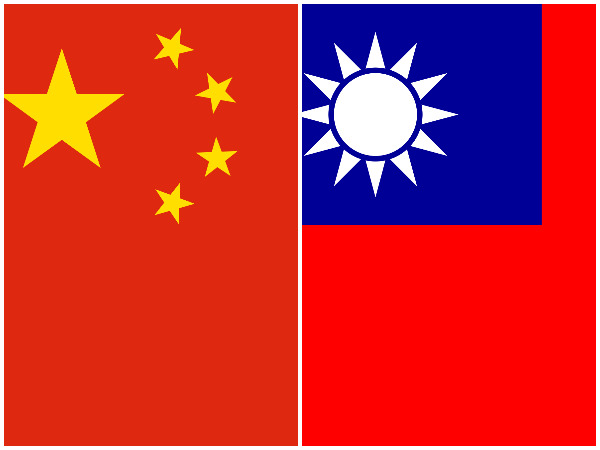
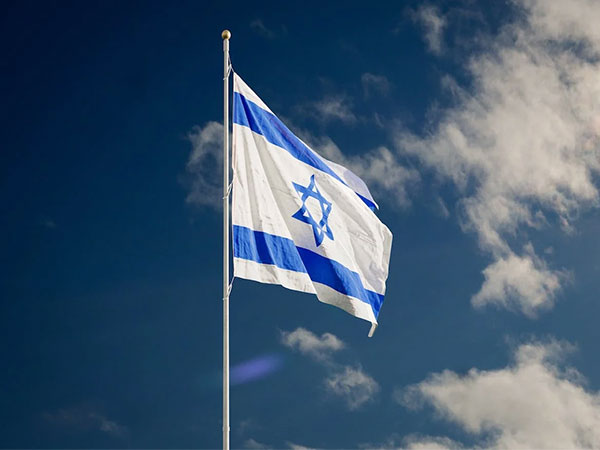
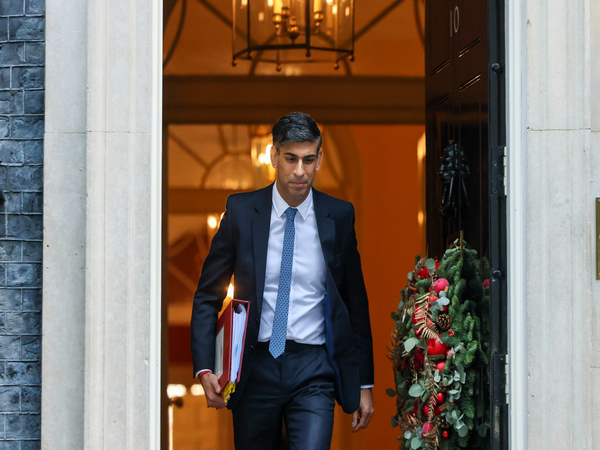
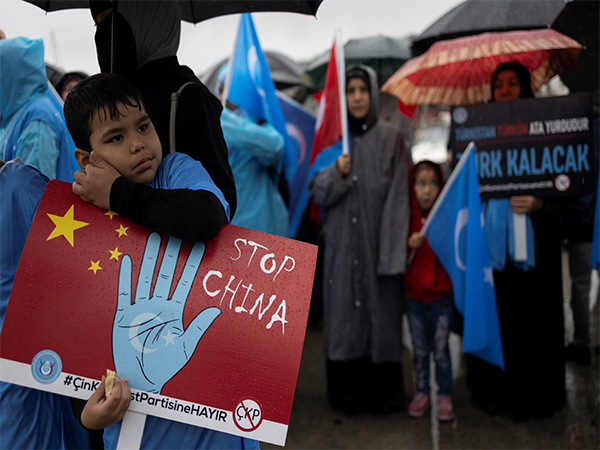






POST COMMENTS (0)